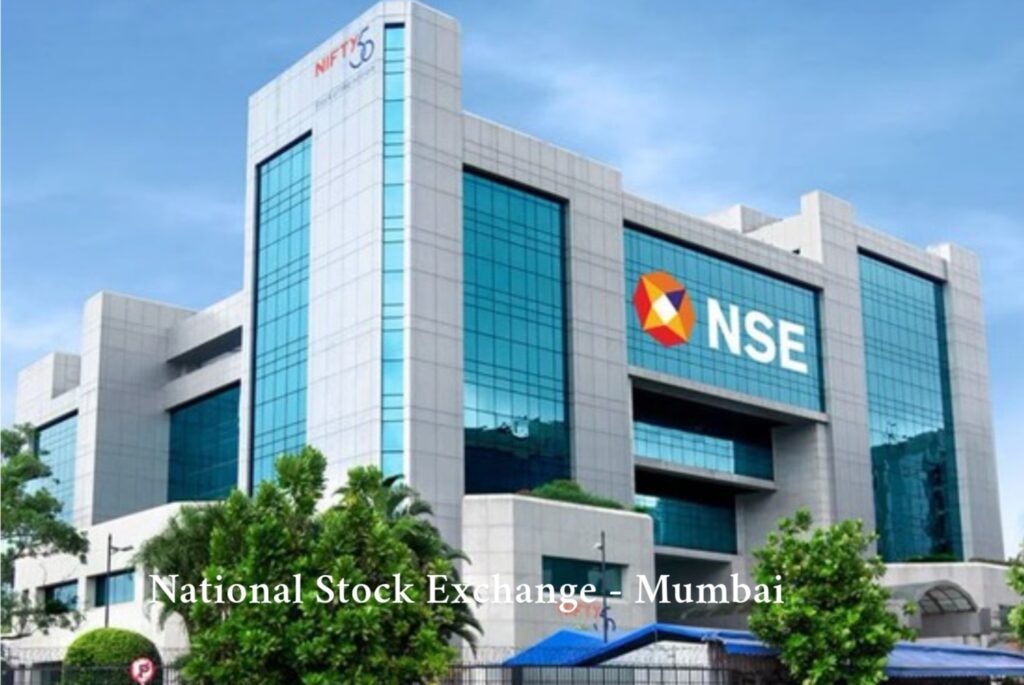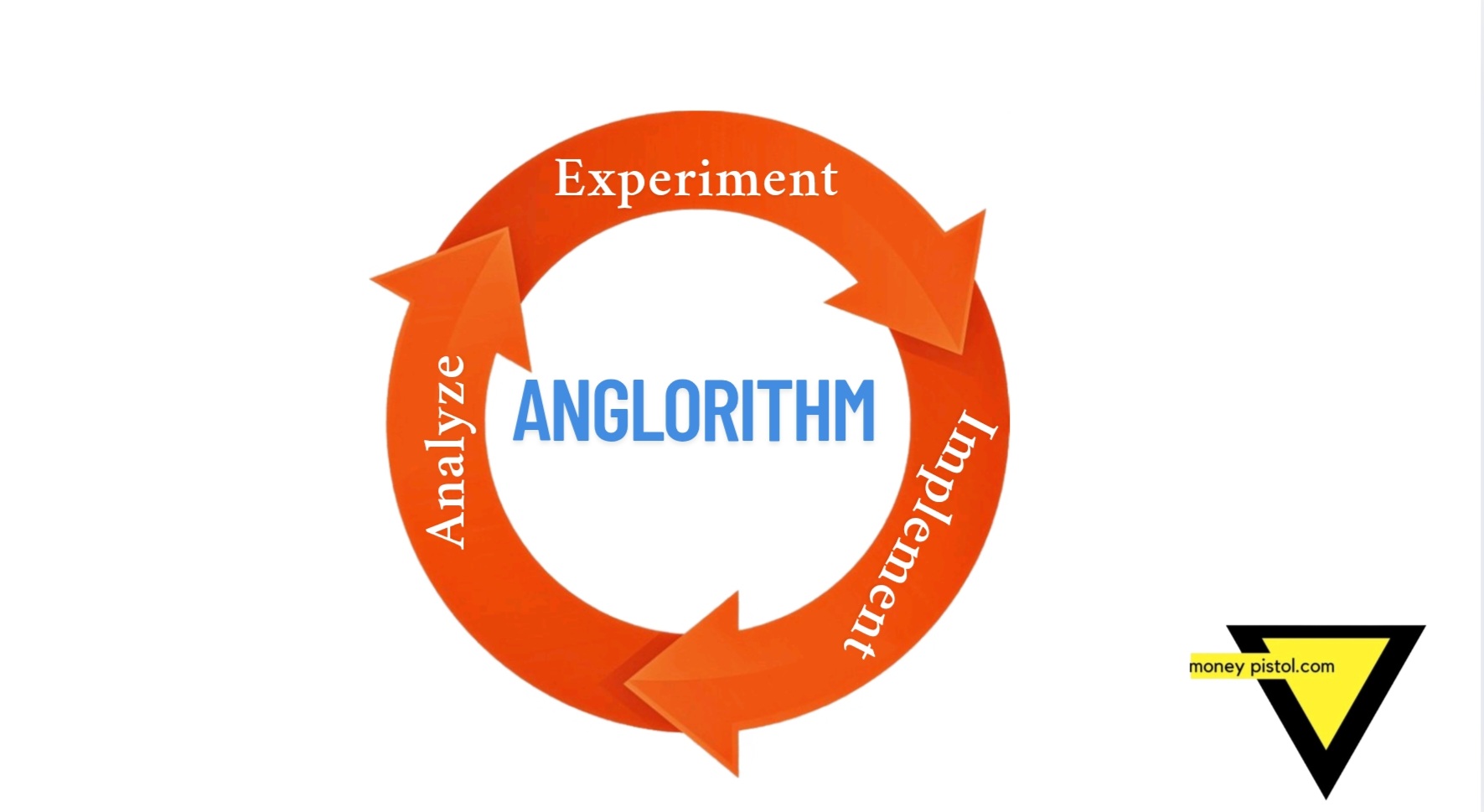According to data from the National Stock Exchange (NSE), algorithmic trading accounted for 57% of all trades executed in the equity cash segment in April 2025. In the derivatives segment (F&O), the dominance was even more pronounced, with algos contributing to nearly 70% of the total trades in FY25.
Algorithmic trading—commonly referred to as “algos”—is rapidly gaining popularity across all categories of investors, with its share of total market trades witnessing a significant surge in recent years.autotradingdownload.com
Algorithmic Trading in India Sees Rapid Growth in Equity Markets

Data from the National Stock Exchange (NSE) indicates that algorithmic trading accounted for 57% of all trades in the equity cash segment in April 2025. This marks a noticeable increase from the 54% share recorded for the full financial year FY25. The surge is even more striking when compared to FY23, during which the share of algo trades remained below the 50% mark.
Algos Tighten Grip on India’s Derivatives Market

Furthermore, algorithmic trading has made even deeper inroads into the equity derivatives segment—futures and options (F&O)—with its share reaching a substantial 70% in FY25, according to NSE data. Although slightly lower at 69% in April 2025, the figure still reflects a significant increase compared to previous years, underscoring the growing dominance of algos in India’s F&O market.
What is Algorithmic Trading and How Does It Work?
Algos, also known as program trading, refer to the use of software or coded algorithms to design and execute trading strategies. In simple terms, one can develop a program that automatically places buy or sell orders—or even executes complex strategies involving both the cash and derivatives (F&O) segments—when predefined market conditions or parameters are met. This automation enables faster, more precise, and emotion-free trading decisions.
Once Exclusive to Institutions, Algos Are Now Going Mainstream
Interestingly, algorithmic trading was once considered the exclusive domain of institutional investors—such as foreign portfolio investors (FPIs), hedge funds, mutual fund managers, and deep-pocketed high-net-worth individuals (HNIs). These sophisticated market participants relied on advanced algorithms to design and execute complex trading strategies with speed and precision.
Retail Adoption of Algo Trading in India

Market participants believe that the recent surge in stock market activity can largely be attributed to the growing adoption of algorithmic trading tools by retail investors. With modern trading platforms now offering user-friendly algo features, retail traders are increasingly leveraging automation to execute faster and more efficient trades—once a privilege reserved for institutional players.
Vernacular Language Support in Algo Trading

In a move aimed at enhancing accessibility and inclusivity, several trading platforms have begun offering algorithmic trading features in vernacular languages. This development allows traders who are more comfortable in regional languages to understand, set up, and deploy trading strategies with greater ease. Once the parameters are defined, the application handles the rest—automatically executing trades based on real-time market conditions. By breaking the language barrier, these platforms are enabling a wider audience, especially from non-metro regions, to participate confidently in algo-driven trading.
Algorithmic Trading Dominates India’s F&O Sub-Segments
Within the Futures & Options (F&O) segment, all sub-categories—including index futures—are witnessing a significant majority of trades executed through algorithmic trading. Nearly 74% of index futures trades are now driven by algos, reflecting their growing popularity among retail investors who seek faster, more precise execution and better market timing.
Disclaimer:
The views and information presented in this article are excerpts from various investment experts. Moneypistol.com and its management team do not take responsibility for any trades or investment decisions made based on the content of this article.
For more such information stay connected to moneypistol.com


